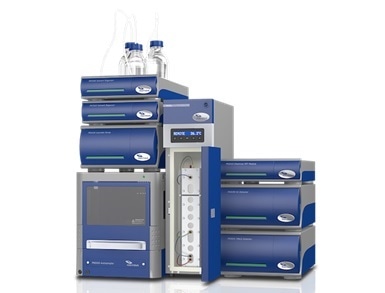Postnova Analytics have published an informative new white paper that details how multi-detector Asymmetrical Field Flow Fractionation (AF4) and Electrical AF4 (EAF4) techniques are transforming the separation and characterization of viruses and antibodies.

Viruses are the scientific story of 2020 with the global Coronavirus (COVID-19) pandemic thrusting them to the forefront of almost every person’s consciousness around the world. Development of antibodies to specific viruses form the core of future immune response. Characterization of viruses, the development of vaccines, and the quantification of antibodies, has become the most important scientific pursuit for many leading labs.
Vaccines can be complex and may contain many species which span a large size range from antibodies, virus fragments such as proteins and nucleic acids, polysaccharide-protein complexes, up to large aggregates often over 100 nm in diameter. This means such samples are challenging to separate and characterize using column-based chromatography techniques. The new white paper explains and illustrates how AF4 techniques can help researchers in this field as it is a stationary-phase-free separation technique for characterization of polydisperse samples from about 1 nanometre to 1 micron in diameter. The AF4 technique has already been cited in a growing number of papers focusing on characterization of viruses and virus-like particles as well as antibodies, antigens, and their aggregates and agglomerates.
The white paper presents three applications using multi-detector AF4 and EAF4: Separation and characterization of Adeno-Associated Virus (AAV) monomers and their fragments or aggregates; The aggregation of two AAV serotypes after exposure to heat stress and the separation of monoclonal antibodies (mAb) and quantification of mAb aggregates.
The authors of this new white paper conclude that the open channel design of Postnova Analytics’ AF4 system has advantages over chromatographic techniques, as the absence of a stationary phase results in less sample loss due to interaction with, or filtration by, the column packing material. Further, from the data presented, it can be seen that AF4 can separate a wide range of sizes using a single method, from virus fragments less than 10 nm in radius, to large aggregates above 100 nm in radius. The powerful yet versatile AF4 technique can be equally applied to any or all the components in virus and vaccine research from small antibodies of only a few nm in size, up to large protein-polysaccharide complexes or virus particles and aggregates of well over 100 nm.